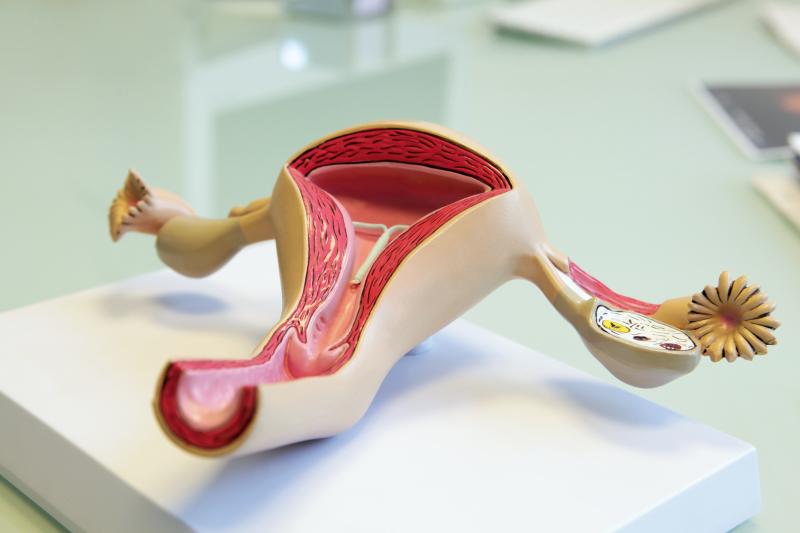
Women with primary Sjögren’s syndrome (SS) experience vaginal dryness, which contributes to sexual dysfunction and dyspareunia, as reported in a study. The dryness may be attributed to a peri-epithelial infiltration and decreased number of vascular smooth muscle cells in the vaginal wall.
Researchers looked at 10 premenopausal primary SS patients with vaginal dryness and 10 premenopausal controls undergoing a laparoscopic procedure. They recorded vaginal health index and performed multiplex immunoassays and flow cytometry on endocervical swab and cervicovaginal lavage samples to examine cellular and soluble immune markers. Mid-vaginal and endocervical biopsies were collected.
The analysis excluded one patient because of Chlamydia trachomatis, as well as two controls due to the presence of endometriosis during laparoscopy. Compared with controls, patients had impaired vaginal health.
In vaginal biopsies, CD45+ cells were significantly higher in primary SS patients vs controls. Infiltrates were mostly found in the peri-epithelial region, primarily consisting of CD3+ lymphocytes. In endocervical biopsies, CD45+ infiltrates were detected in both patients and controls, although the former showed a higher number of B lymphocytes.
The researchers pointed out that vaginal dryness in women with primary SS could not be explained by atrophic vaginitis, as the patients showed no signs of atrophy or increased pH. They believe that vaginal dryness in this population is caused by vascular dysfunction, possibly induced by IFN-mediated pathways.